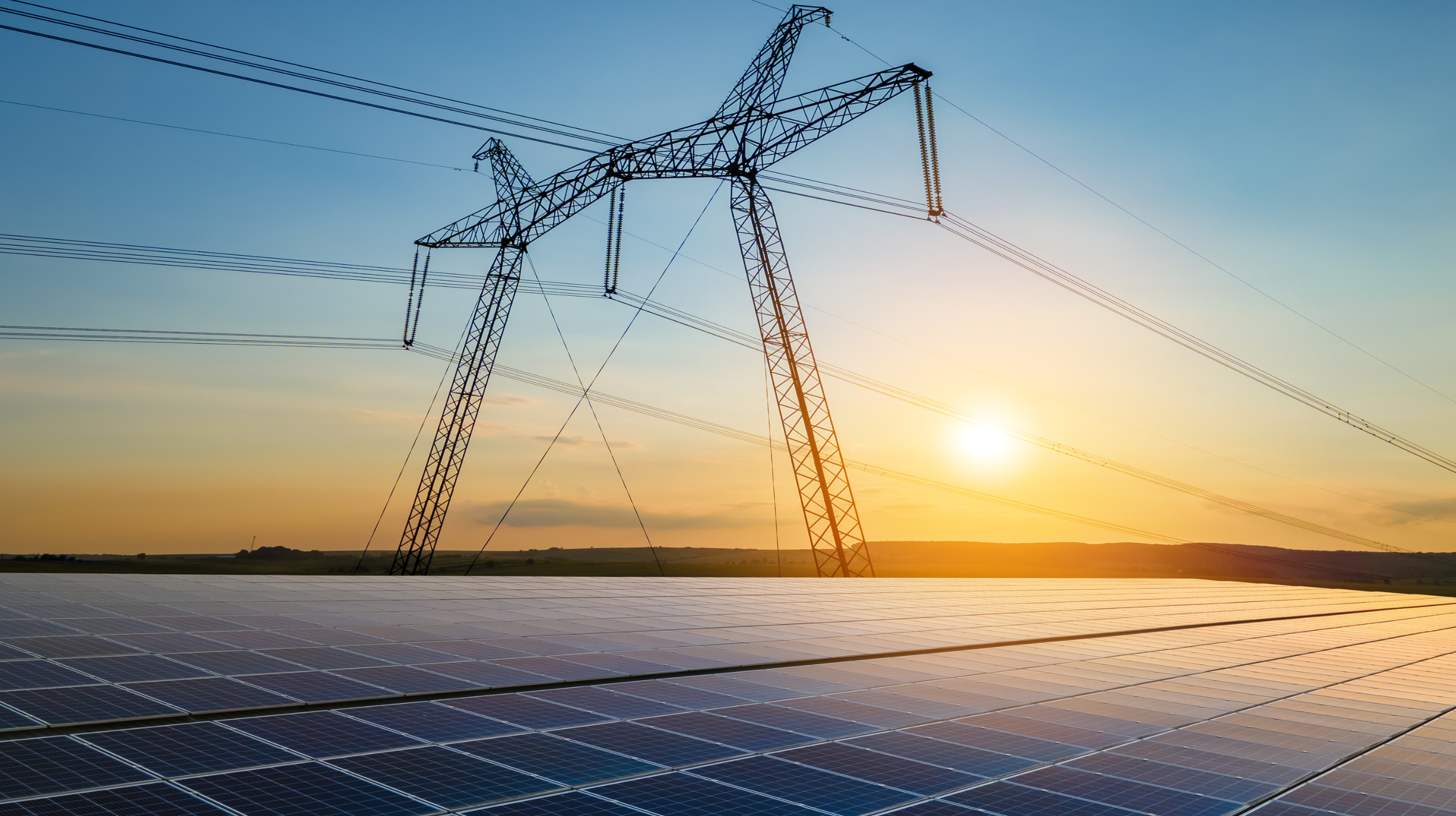The free energy market and energy efficiency are increasingly relevant as customers and businesses seek to cut costs, and adopt sustainable practices.
In Brazil, as of January 2024, all users in group A were able to choose their power suppliers, making it possible for end consumers to have greater freedom and savings.
Ordinance No. 50/2022 of the Ministry of Mines and Energy extended the right to migrate to the free market to all Group A customers, which includes those within medium and high voltage ranges. For those with demand below 500 kW, there is the possibility of participating in the free market with the support of retail traders.
Before this change, only consumers with demand greater than 500 kW could access the free market, where supply conditions, such as term, source, and price, are negotiated directly between suppliers. Now, even those with electricity bills above BRL 10,000 have this right.
In view of this new scenario, the partial lease of photovoltaic solar mini power plants, within the context of Distributed Generation (DG), is an attractive option, especially considering the more than 3.5 million consumer units in the DG modality in Brazil, with an installed capacity of about 27.6 gigawatts.
This modality allows medium and large companies to negotiate directly with generators and traders, achieving more competitive prices and options of renewable sources. Energy efficiency measures, such as the streamlining of industrial processes and the use of high-efficiency equipment, result in substantial power savings, reducing both the bills and the carbon footprint of operations.
Data from October 2023 from CCEE – the Electric Energy Trading Chamber indicate 517 registered traders, including 41 retailers that manage 2,332 customers.
According to data from ABRACEEL – Brazilian Association of Power Trade, estimates are that new contractors in the free energy market will surpass 27,000 by 2025, with 95% being small businesses.
For captive consumers, in turn, the partial lease of Distributed Generation (DG) plants stands out as an alternative to reduce costs and adhere to renewable sources without investing directly in the installation and maintenance of systems.
This is because lease agreements guarantee a minimum amount of energy or energy credits, protecting users against unexpected variations in production. In the case of failures, the lease company undertakes responsibility, mitigating risks and additional costs for lessees.
This modality also allows customers to leverage energy credits generated at a cost lower than the power supplied by utilities, resulting in substantial bill savings, especially for energy-intensive companies and industries.
The integration of the free energy market with energy efficiency practices and innovative models, such as the partial lease of DG plants, offers an effective strategy for companies and customers seeking to optimize costs, and adopt sustainable practices. These approaches not only allow freedom and savings, but also contribute to the reduction of carbon emissions and the furtherance of a cleaner and more diverse energy matrix.
Autor: Walberto L. Oliveira Filho • email: walberto.filho@ernestoborges.com.br • Tel.: +55 67 3389 0123

